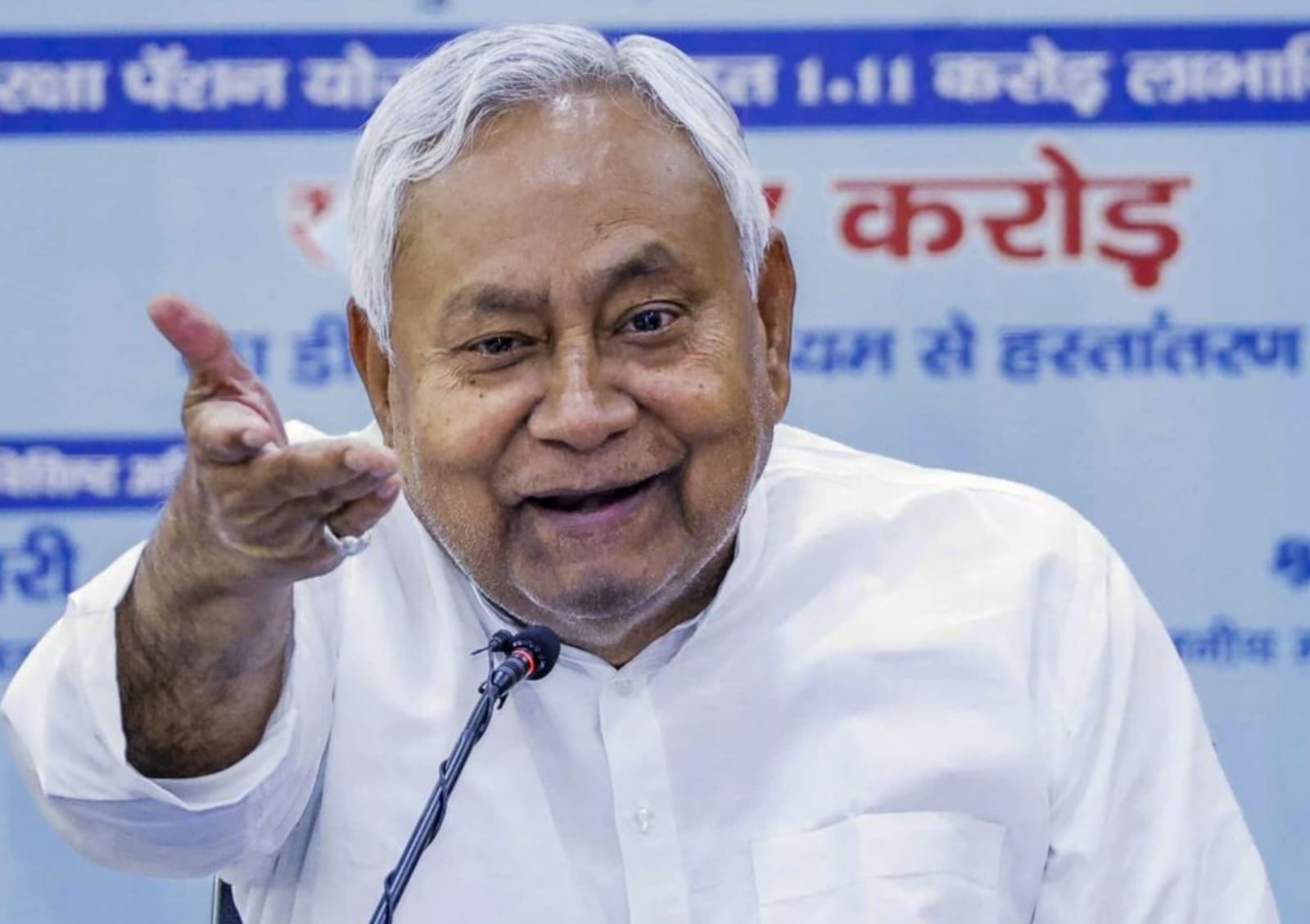
Patna:
Bihar Chief Minister Nitish Kumar on Thursday announced a major electricity relief scheme, declaring that all domestic consumers in the state will receive up to 125 units of electricity free of cost every month. The scheme will come into effect from 1 August 2025 and will apply to the July billing cycle. The announcement comes just months before the state assembly elections, expected to take place between October and November.
Taking to social media platform X, Kumar said, “From August 1, 2025, that is, from the July bill itself, all domestic consumers of the state will not have to pay any money for electricity up to 125 units. This will benefit a total of 1 crore 67 lakh families in the state.” He added that his government had always prioritised affordable access to power and would continue to do so through this new scheme.
In addition to the free electricity provision, Kumar also unveiled plans to promote solar energy under the Kutir Jyoti scheme. The state government aims to install rooftop or community-based solar systems in every household over the next three years. Families from the economically weaker sections will receive the installations at no cost, while others will get financial assistance to support the transition to solar energy. Kumar said the goal was to generate 10,000 megawatts of solar power in the coming years.
The timing of the announcement has sparked political speculation, with analysts interpreting it as a strategic move to consolidate support ahead of the assembly elections. With nearly 17 million households expected to benefit from the scheme, it is likely to influence voting patterns, particularly in rural and economically marginalised communities.
Reactions to the announcement have been swift. Janata Dal (United) spokesperson Neeraj Kumar hailed the decision as “historic and welcome”, stating that it would bring immediate relief to countless families burdened by high power bills. “This will be a game changer, especially for Dalits, minorities, and poor families who often struggle with electricity costs,” he said.
The scheme is part of a broader series of pre-election initiatives announced by the Bihar government. These include a 35 percent reservation for women in state government jobs and a plan to generate one crore employment opportunities for youth in the state. Observers note that these promises reflect the government’s focus on inclusive welfare measures ahead of the polls.
Despite the positive reception, questions remain regarding the financial sustainability of the scheme. Bihar already spends around ₹15,000 crore annually on electricity subsidies. Urban consumers currently pay ₹7.42 per unit for the first 100 units and ₹8.95 thereafter, while rural consumers pay a flat ₹7.42 per unit. Government officials, however, maintain that the costs can be managed through planned expansion in solar capacity and rationalised subsidies.
As the election season approaches, the free electricity scheme is expected to be a key highlight of Nitish Kumar’s campaign narrative. Whether it translates into electoral gains will be determined in the months to come, but for now, consumers across Bihar are set to benefit from a significant reduction in household power expenses.